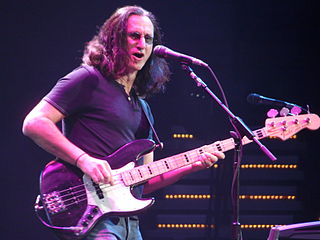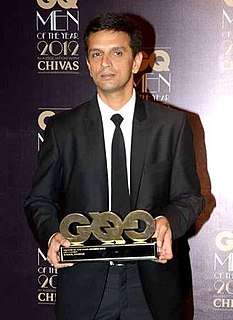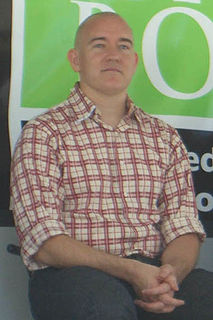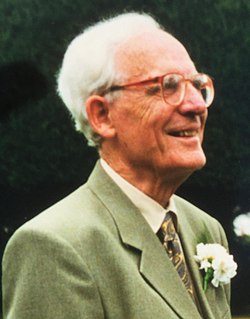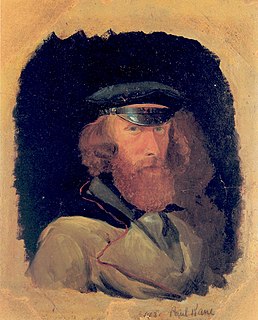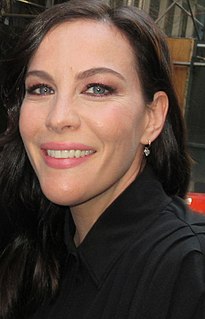A Quote by Jenny Han
I think, as a writer, you spend most of your time working on the book alone.
Related Quotes
One of the most useful parts of my education as a writer was the practice of reading a writer straight through - every book the writer published, in chronological order, to see how the writer changed over time, and to see how the writer's idea of his or her project changed over time, and to see all the writer tried and accomplished or failed to accomplish.
Because I spend so much time traveling, I tend to do most of my reading on the same iPad on which I write. For me, it's words, not paper, that matter most in the end. This practice has had the additional benefit of greatly reducing the time I spend storming through the house, defaming the mysterious forces who 'hid my book.'
In the upshot there is only one answer for the preacher who wonders whether he is worthy to preach the sermon he has composed or for the writer who wonders whether he is worthy to write the religious book he is working on. The answer is: Of course not. To ask yourself: Am I worthy to perform this Christian task? is really the peak of pride and presumption. For the very question carries the implication that we spend most of our time doing things we are worthy to do. We simply do not have that kind of worth.
Spend the most time with your best people. ... Talent is the multiplier. THe more energy and attention you invest in it, the greater the yield. The time you spend with your best is, quite simply, your most productive time. ... Persistence directed primarily toward your non-talents is self-destructive. ... You will reprimand yourself, berate yourself, and put yourself through all manner of contortions in an attempt to achieve the impossible.
My husband, William Sutcliffe, the writer, is my first reader and in many ways my most important. That initial reading of the manuscript is crucial and irreplaceable and you want them to approach it as someone in a bookshop might, not knowing much about it. So I've got into this pattern of not telling Will anything about the book I'm working on. He often knows nothing about the book I'm working on at all until I give him the whole manuscript and ask him to read it. The book I'm working on at the moment he knows nothing about. No one does.
Think of a book special to you, and how much bleaker and poorer your life would be if that one writer had not existed - if that one writer had not, a hundred times or a thousand, made the choice to write. You're going to be that one writer one day for somebody you may never meet. Nobody can write that book you're going to write - that book that will light up and change up a life - but you.
A writer can spend a decade working obsessively on a novel, but in the commerce of publishing, many of the most important decisions about any book will be made based on very short pitches - from literary agent to editor to sales rep to bookstore buyer to a potential reader standing in the bookstore, asking, 'What's it about?'
People are way too hard on themselves. Comparing yourself to other people can be damaging; the most important thing is just to be you and to try to engage with your child. If you're constantly working, so you don't have that much time to spend with them, but you have 20 minutes at the end of the day to read them their favourite book, children will remember that.

